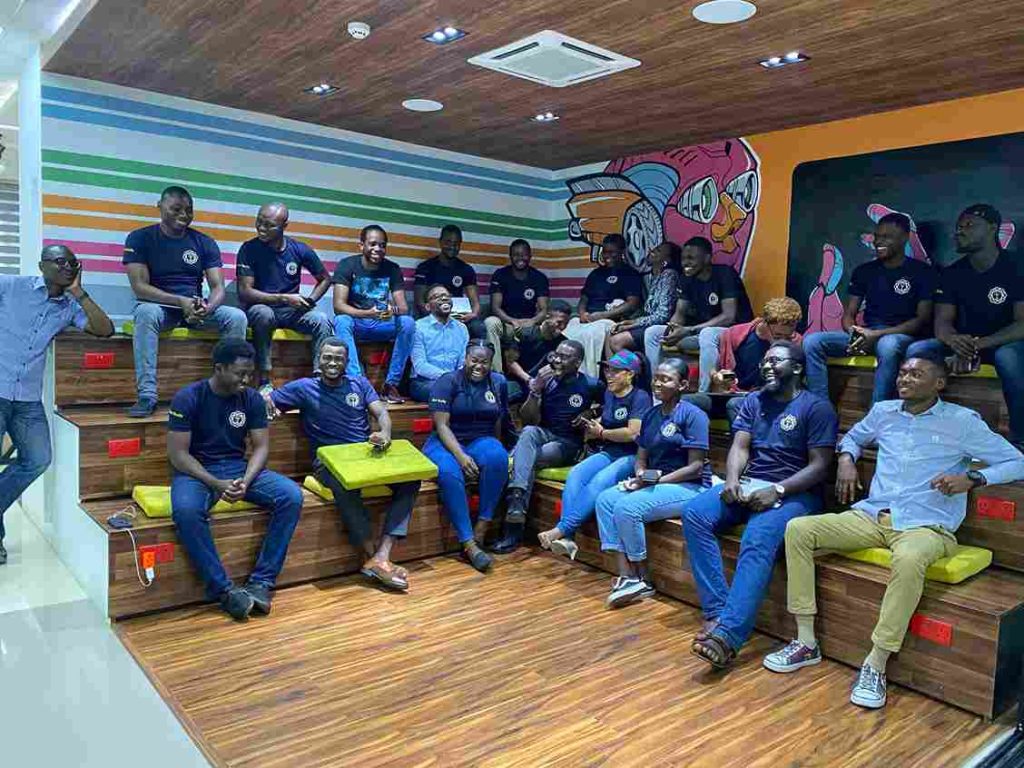As the world becomes increasingly reliant on technology, software development has emerged as a critical field driving innovation and progress. In this fast-paced and dynamic industry, embracing the right principles is essential for creating robust, scalable, and efficient software solutions.

In this blog post, we will explore five fundamental software development principles that developers should incorporate into their daily practices to excel in their craft and deliver outstanding results.
I promise this one is fun, 🤭
1: DRY (Don’t Repeat Yourself)
DRY, an acronym coined by software developer Andy Hunt, emphasizes the importance of reducing duplication in code. When developers follow this principle, they aim to write code in a way that avoids repetition and promotes reusability. By reusing existing code and creating modular components, developers can not only save time and effort but also enhance the maintainability and readability of their codebase.
The key to applying the DRY principle effectively is to identify patterns and extract common functionalities into reusable functions or classes. This not only streamlines the development process but also reduces the risk of errors caused by multiple instances of similar code.
2: KISS (Keep It Simple, Stupid)
Complexity in software can lead to confusion, increased development time, and difficulty in debugging. The KISS principle advocates keeping software solutions as simple as possible. Simplicity allows for easier understanding, maintenance, and scalability.
To embrace the KISS principle, developers should strive to write clean, concise, and straightforward code. Avoid unnecessary complexities or over-engineering. Instead, focus on elegant solutions that fulfill the requirements efficiently without sacrificing clarity.
3: YAGNI (You Ain’t Gonna Need It)
The YAGNI principle encourages developers to avoid adding functionality or features that are not immediately required. Often, developers anticipate future needs and add extra code that might never be used. However, this can lead to unnecessary complexity and may even introduce bugs.
By adhering to the YAGNI principle, developers prioritize delivering the current requirements without speculating about future ones. This approach keeps the codebase lean, agile, and easier to manage.
Click here if you’re looking to build a successful career in tech within 4 – 6 months.
4: SOLID Principles
SOLID is an acronym representing five essential design principles that guide developers in creating maintainable and scalable software:
Single Responsibility Principle (SRP):
Each class should have a single responsibility, encapsulating one aspect of the software’s functionality.
Open/Closed Principle (OCP):
Software entities should be open for extension but closed for modification. This allows developers to add new features without modifying existing code.
Liskov Substitution Principle (LSP):
Subtypes must be substitutable for their base types without affecting the correctness of the program.
Interface Segregation Principle (ISP):
Clients should not be forced to depend on interfaces they do not use. It promotes the creation of smaller, more focused interfaces.
Dependency Inversion Principle (DIP):
High-level modules should not depend on low-level modules. Instead, both should depend on abstractions.
Following these SOLID principles promotes flexibility, maintainability, and scalability in software development.
Click here if you want to become a TECH BRO/SIS & start EARNING BIG
5: Continuous Integration and Continuous Deployment (CI/CD)
CI/CD is a set of practices that aim to automate the software development process, including integration, testing, and deployment. By frequently integrating code changes and automatically deploying them to production, developers can catch and fix issues early, ensuring a more stable and reliable application.
Adopting CI/CD reduces manual errors, shortens development cycles, and increases the speed of delivering new features or bug fixes to end users.
Embrace these Principles for Software Development Success.
Incorporating these five software development principles into daily practices can significantly impact the quality and efficiency of software solutions. Whether you are a seasoned developer or just starting your software development journey, adhering to these principles will guide you toward writing cleaner, maintainable, and scalable code.
To further enhance your skills and knowledge in software development, consider joining the Fellowship program at The Bulb Africa. This unique program offers valuable hands-on experience, mentorship, and networking opportunities with industry experts. Register/Sign up today to take your software development career to new heights.
_Fellowship program at The Bulb Africa — Register/Sign up for a rewarding software development experience._


